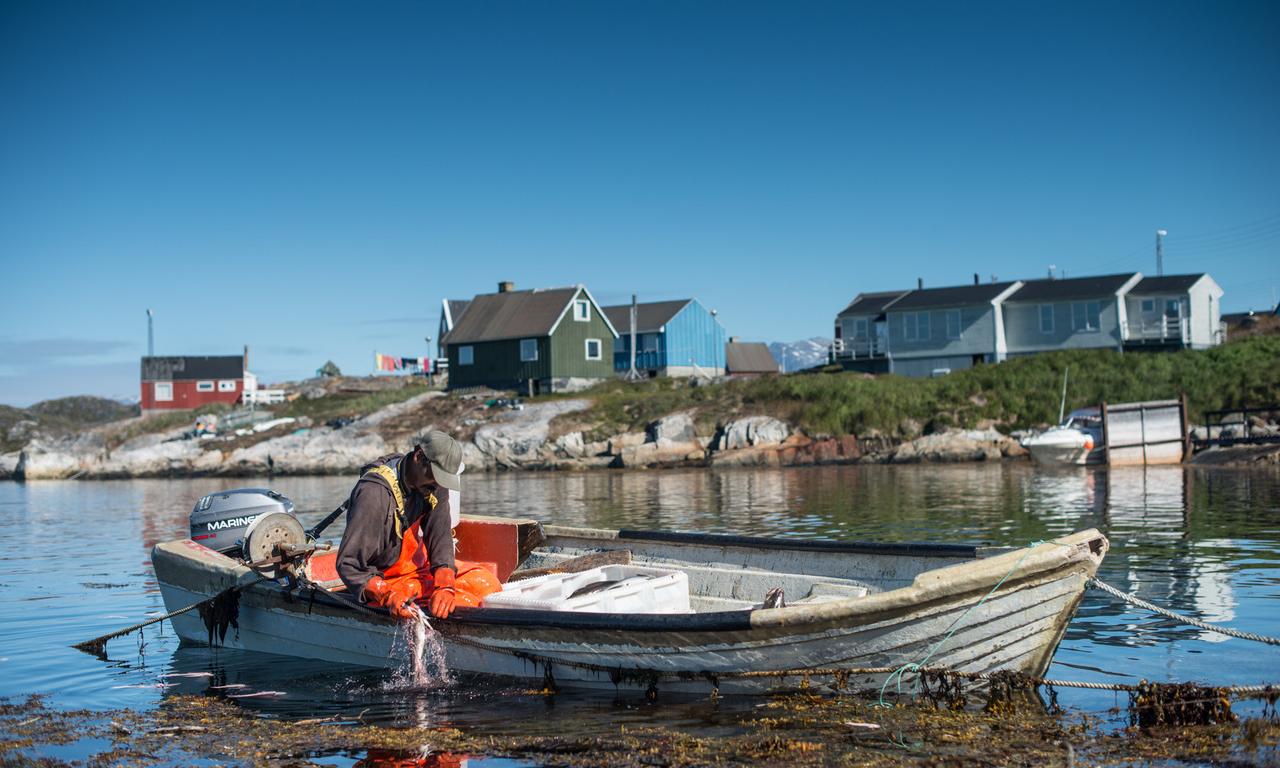
Illuminating Hidden Harvests (IHH): The contribution of small-scale fisheries to sustainable development is a collaborative study led by the UN Food and Agriculture Organization (FAO), Duke University and WorldFish. When released in 2021, the study will provide one of the most comprehensive understandings of small-scale fisheries, which are important in both developing and developed countries. In this series, we profile some of the more than 300 experts from over 50 countries who contributed to the 58 country case studies and thematic studies included in the IHH research.
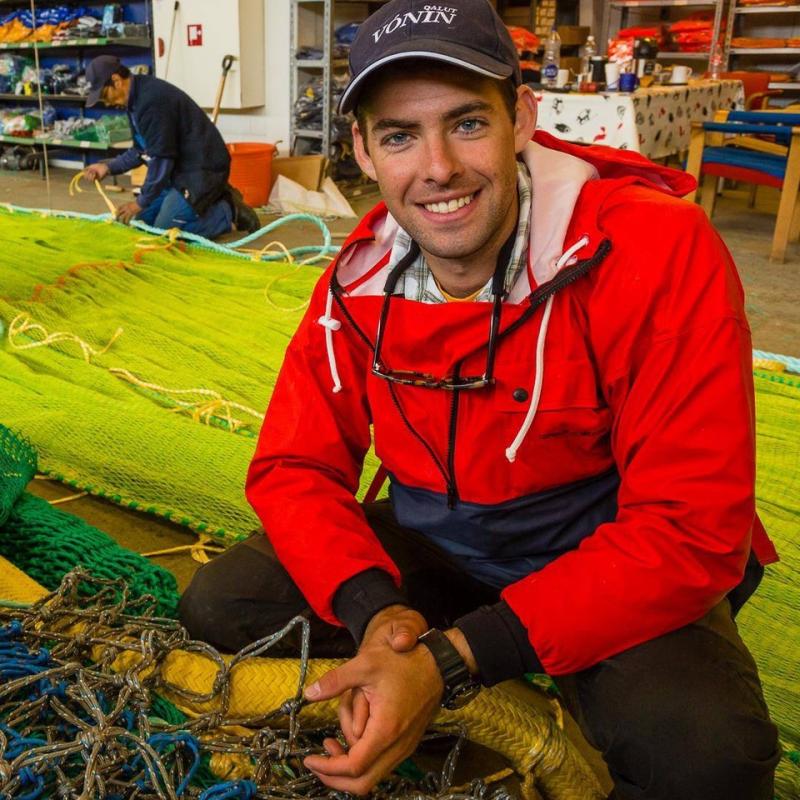
Hunter Snyder is a PhD candidate with Dartmouth College in the United States and an FAO consultant. Within the IHH study, Snyder contributed to the Greenland case study and led the thematic study on the carbon footprint of small-scale fisheries. Recent career highlights include working as a Fulbright Research Fellow in Greenland and being named a National Geographic Explorer in 2018 to study Greenland’s fisheries policy for harvesting Atlantic salmon. We caught up with Snyder to hear more about his role in the IHH research and what insights the study will provide.
Tell us about the role and contributions of small-scale fisheries in Greenland that the IHH case study will help to highlight?
Small-scale fisheries in Greenland—like everywhere in the world—are unique and tell us important things about the state of global small-scale fisheries. Greenland has unusually high-resolution fisheries data of its small-scale sector, and the sector is an important political priority. Insights from Greenland on catch composition, policy, nutrition, and economics, can help us understand how essential small-scale fisheries are for Arctic communities.
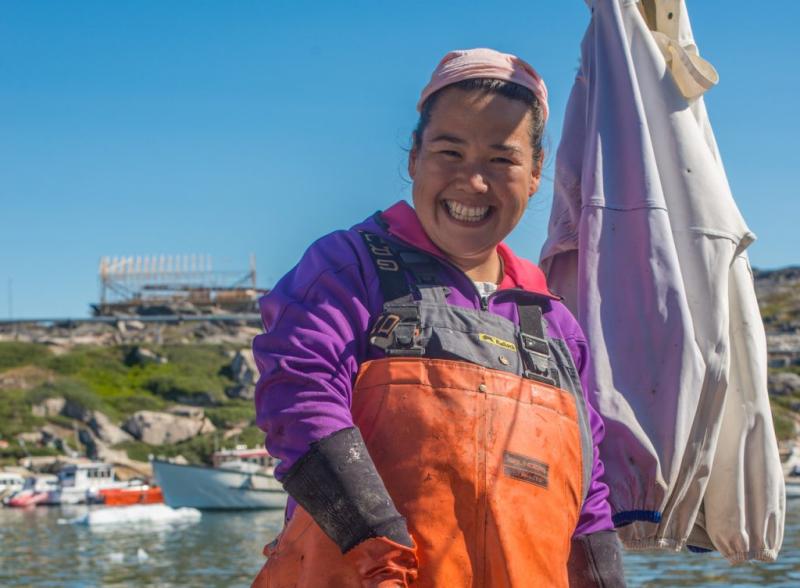
Why do you believe the IHH study is important?
Small-scale fisheries are data-poor in many cases, but not in all. All nations with small-scale fleets stand to benefit from highlighting the cases where data are not available, as much as the cases where data are. For global-small scale fisheries to continue to develop requires data, which can meaningfully inform the policy process and governance of small-scale fisheries.
What is new in the approach that IHH is taking to understand small-scale fisheries globally?
The methodology used by the IHH study is systematic, standardized, and inclusive of several key indicators. To collect information on all of these at the same time is extraordinary, and then to ask fishery experts in over 50+ countries to do the same will make the end result an unprecedented view into our world’s small-scale fisheries.
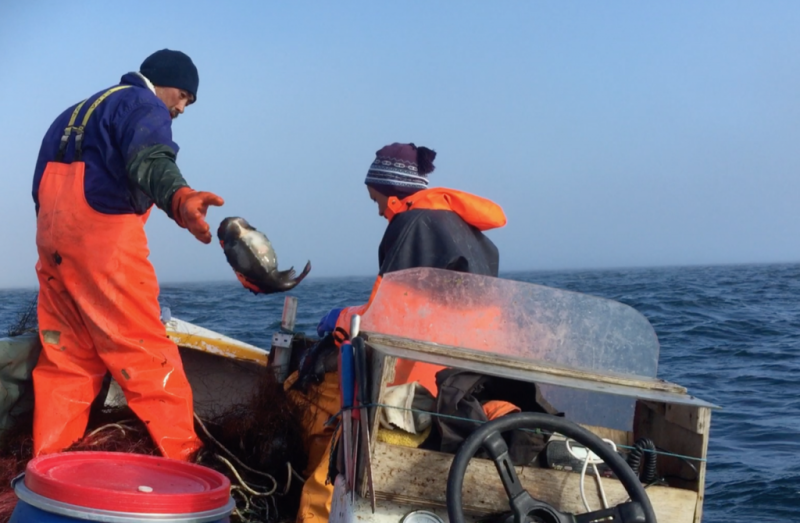
What were the biggest challenges for the Greenland IHH team in completing the IHH country case study?
While collecting fisheries information in Greenland was unusually easy compared to other countries —[with limited data on small-scale fisheries],— we still had our share of challenges. Greenland has world-class data collection of fisheries data and the process is well organized and managed by professionals. However, collecting gender-disaggregated information from the central government was technically difficult, despite that information being collected.
Do you think that the IHH findings will lead to any positive or negative impact on small-scale fisheries, food security or the environment in Greenland?
Our hope is to highlight the special status that Greenland has in its care for collecting small-scale fisheries data. The world can learn from Greenland.
Specifically, what can we learn about small-scale fisheries data collection from Greenland?
Greenland uses relational databases for nearly all of its fisheries data, which is not only wise for reproducibility and ease-of-access for government and researchers alike, but it is also flexible enough to include the diversity of small-scale fisheries data. Developing countries can also use relational databases without much added-cost, and the cost savings can be tremendous.
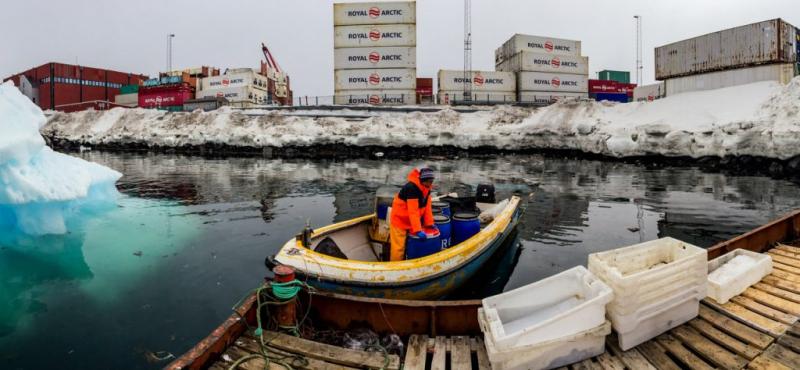
Can you tell us more about the IHH thematic study on the carbon footprint of SSF globally? What insights will it provide?
We are conducting the most comprehensive estimate to date of the carbon footprint of small-scale fisheries. This thematic study is made possible because of the efforts of IHH country case study authors and the IHH technical team. The country case study authors were able to collect, where possible, information on fuel use, and the technical team was able to provide our team with this information in a systematic fashion.
Our calculations and the thematic study overall allow us to clarify a longstanding, entrenched belief about the low-impact carbon footprint of small-scale fisheries. With the thematic study, we are striving to help fisheries policymakers see the value in improving small-scale fisheries. Policymakers can champion the small-scale fisheries with little to zero carbon impact while at the same time help emissions-intensive fisheries develop more profitable and environmentally friendly strategies. The result can make for more ecologically sustainable but also more profitable fishers and fishing communities.
What have you learned from contributing to the IHH study?
Relationships—with fishers, administrators, and my peers—are everything. I thank the IHH team from FAO, Duke University and WorldFish for giving me the opportunity to continue to build these strong relationships with all partners, so we can learn the most about small-scale fisheries both in-country and globally.
The IHH Greenland case study was completed by Hunter Snyder with the input of other experts.